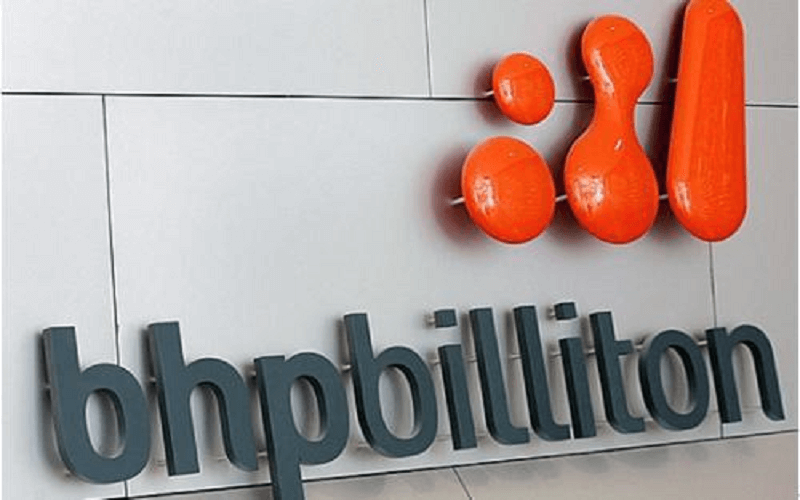
Mining giant BHP (ASX, NYSE:BHP) can go ahead with a $2.5 billion expansion of its Spence copper mine, in Chile’s Atacama desert, after the country’s environmental regulator (SEA) unanimously approved the project this week.
A decision on the plan, the second largest mining investment that was under evaluation in the country, won’t be taken until August, local newspaper El Mercurio reported (in Spanish).
The other top project Chile’s Environmental Evaluation Service is assessing is Teck Resources’ (NYSE:TECK) (TSX:TECK.A) $5bn Quebrada Blanca phase 2, in Chile’s far northern region of Atacama.
Spence’s expansion contemplates the construction of a concentrator plant to increase production and extend the life of the deposit about 20 years. It also includes an $800 million separate investment in a desalination plant at Mejillones port, located about 60 km north of Antofagasta city.
It’s estimated the Spence project will generate about 4,100 temporary jobs and 220 permanent positions, and would add about 200,000 tonnes of copper a year to the company’s output in its first decade.
BHP, already the world’s second-biggest listed copper miner, decided last year to raise its annual exploration spending by 29%, allocating nearly all its $900 million budget to finding new copper and oil deposits. The mining giant is committed to make of those two commodities the pillars of its future growth.
Analysts believe the red metal is well placed to benefit from the increasing development of battery-powered vehicles, as they use more copper than regular cars.
If and when electric cars are massively adopted, experts say it will require a considerable increase in copper supply, which can’t be met by simply expanding existing mines. The gap will have to be filled by new projects, which only can go ahead when metals prices get considerably higher than today’s $6,035 per tonne (roughly $2.7 a pound), FT.com reports:
How much metal will be needed is a matter of intense debate in the financial community. Some analysts believe the take-up of electric vehicles will be so quick that it will require the mined copper supply base — currently 20m tonnes — to double over the next 20 years. The majority are more circumspect, saying anything between 1.7m and 5m tonnes of extra copper will be needed by 2025.
The looming decision on whether or not to move ahead with Spence’s expansion comes amid a bad year so far for BHP’s copper operations, due largely to a 44-day strike at Escondida mine in Chile, resulting in expected write-downs of over $500 million.
Source: mining.com